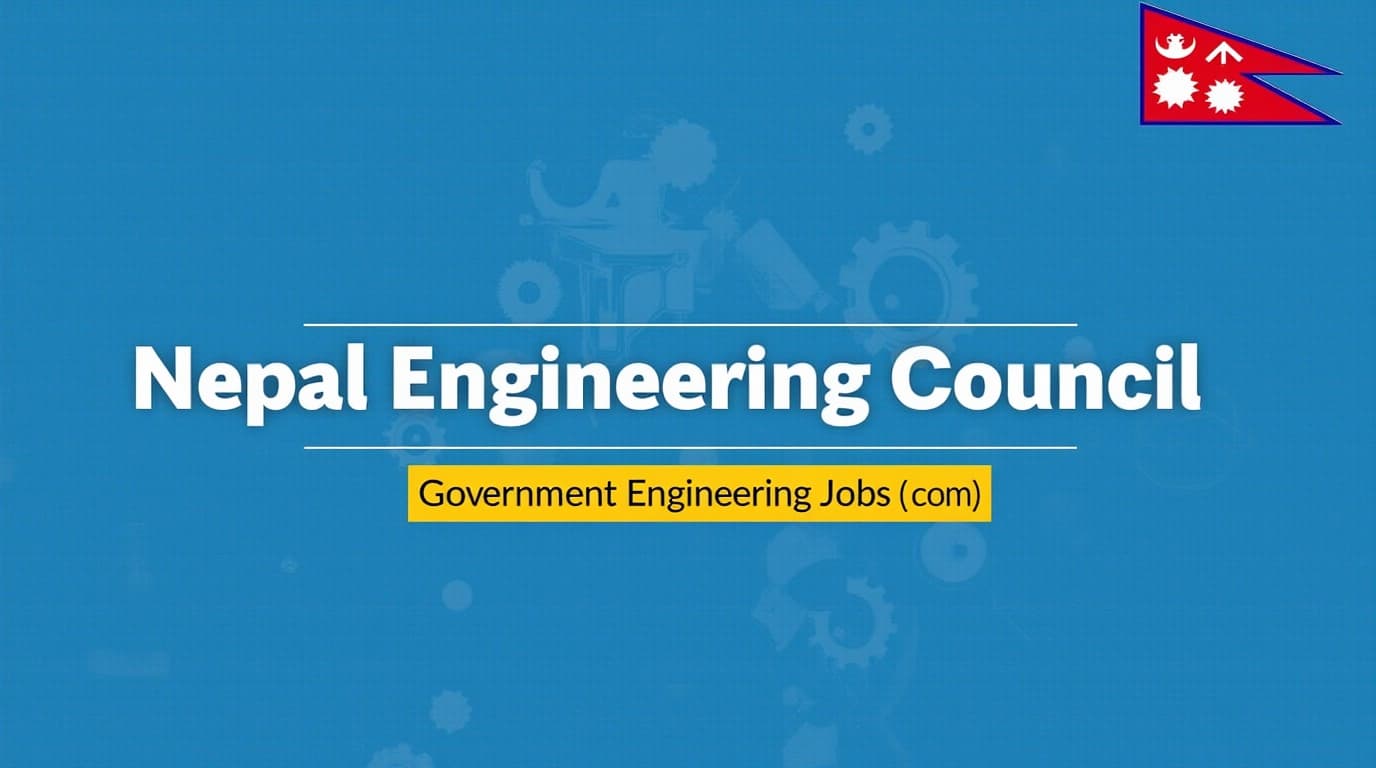Roles and Responsibilities of Section Officer in Nepal Government Office:

The Section Officer (शाखा अधिकृत) holds a crucial position within the administrative framework of the Government of Nepal. Positioned as a Gazetted Third Class Officer, the section officer plays a key role in managing various government offices and facilitating smooth governance operations. Whether at the central, provincial, or local levels, section officers serve as the bridge between high-level decision-makers and grassroots-level implementers.

Importance of Section Officer in Nepal’s Civil Service:
The Government of Nepal, through the Public Service Commission (Lok Sewa Aayog), recruits section officers for both technical and non-technical services. These officers are essential to policy implementation, departmental coordination, and maintaining administrative order. Often considered as the engine of government machinery, a section officer’s contribution directly impacts governance quality, development programs, and public service delivery.
1. Administrative Management and Supervision:
A major responsibility of a section officer is to oversee the administrative management of the assigned department or division. This includes ensuring proper documentation, managing government files, handling correspondence, and maintaining institutional discipline. Section officers supervise subordinate staff such as Nayab Subba, assistants, and clerical employees. They are tasked with distributing workloads, monitoring performance, and guiding junior employees to achieve office targets.
Additionally, they are often responsible for reviewing and forwarding proposals to higher authorities, managing service delivery records, and maintaining transparency in internal processes.
Read this Blog: Biggest myths about loksewa in Nepal.
2. Policy Implementation and Monitoring:
The section officer is not only an administrator but also a policy executor. Once the central government or ministry drafts laws or development policies, it is the section officer who ensures that these policies are implemented correctly at the field level. They work closely with department heads, project leaders, and sometimes even elected representatives to execute programs as per national plans.
Monitoring and evaluating ongoing government projects also fall under their domain. They prepare periodic progress reports, highlight bottlenecks, and suggest solutions to improve policy outcomes.

3. Coordination and Communication Role:
Coordination is one of the most dynamic aspects of a section officer’s job. They act as a link between departments, enabling smooth communication among various government bodies. Whether it’s coordinating with the finance ministry for budget allocations or with line ministries for project approval, section officers play a vital role in inter-departmental operations.
They often represent their department in inter-agency meetings, seminars, and workshops. Their ability to effectively communicate government priorities to stakeholders plays a big part in program success.
4. Budget and Resource Management:
Budget planning and management is another vital responsibility. Section officers prepare financial plans for their department or office, keeping in mind the objectives, ongoing projects, and available resources. They are involved in procurement planning, fund utilization, and ensuring compliance with financial laws and guidelines.
This also includes handling logistics and materials required for smooth office operation. They ensure that government spending remains within the authorized budget and that financial practices are both efficient and transparent.
5. Public Service Delivery and Citizen Interaction:
Section officers are often the first line of contact for citizens in many government offices. They are responsible for ensuring that public services are delivered in a timely, transparent, and efficient manner. Whether it’s issuing citizenship certificates, land documents, business licenses, or addressing public grievances, section officers must be responsive and people-centric.
They also handle complaints and work to resolve issues that arise in service delivery. This requires a high level of patience, decision-making ability, and knowledge of government procedures.
Our Popular Article: Engineering Salary in Nepal.
6. Report Writing and Documentation:
One of the core tasks of a section officer is the preparation of official reports and documents. These may include project reports, departmental reviews, policy briefs, and official letters. Proper documentation helps track progress, ensures accountability, and supports transparency in government work.
A section officer ensures that records are updated, well-maintained, and available for inspection or review by higher authorities when needed. This also assists in internal audits and assessments carried out by regulatory bodies.
7. Human Resource and Staff Management:
In many offices, section officers also function as human resource managers. They are involved in evaluating staff performance, recommending promotions, handling leave applications, and resolving workplace conflicts. Their supervision ensures discipline and motivation among the staff.
Section officers may also provide on-the-job training or mentoring to new recruits. By fostering a positive working environment, they help improve the overall efficiency of the public institution.
8. Legal and Regulatory Compliance:
Every government office functions under certain legal provisions and regulations. It is the responsibility of the section officer to ensure that their department operates in compliance with all legal standards. This includes proper adherence to government acts, local administrative laws, and policy guidelines. In case of disputes or legal concerns, section officers must work with legal departments or government lawyers to handle cases properly.
9. Role During Elections and Emergency Situations:
Section officers often serve as election officers, observers, or coordinators during local, provincial, and national elections. They may be assigned to manage polling centers, transport sensitive materials, or report results to the Election Commission of Nepal.very records, and maintaining transparency in internal processes.
During national emergencies such as natural disasters or pandemics, section officers become the frontline administrators. They coordinate relief distribution, oversee government shelters, and ensure smooth functioning of emergency services.
Key Responsibilities of Section Officer at a Glance:
Although most responsibilities are carried out as part of day-to-day operations, here’s a quick summary of key tasks:
- Supervising junior staff and office operations
- Preparing budgets and managing resources
- Implementing government policies and development programs
- Handling public grievances and ensuring timely service delivery
- Maintaining office records and preparing official reports
- Coordinating with other departments and stakeholders
Conclusion:
The role of a Section Officer in Nepal’s government office is dynamic, impactful, and deeply rooted in public service. As mid-level managers, they hold immense responsibility for maintaining administrative order, ensuring policy implementation, and delivering citizen services. Their effectiveness directly influences the credibility and functionality of government institutions.
With increasing emphasis on good governance and digital transformation, the responsibilities of section officers are becoming even more demanding and strategic. For aspirants preparing through the Public Service Commission (PSC), this role offers not just job security but also a platform to contribute meaningfully to the nation’s progress.




